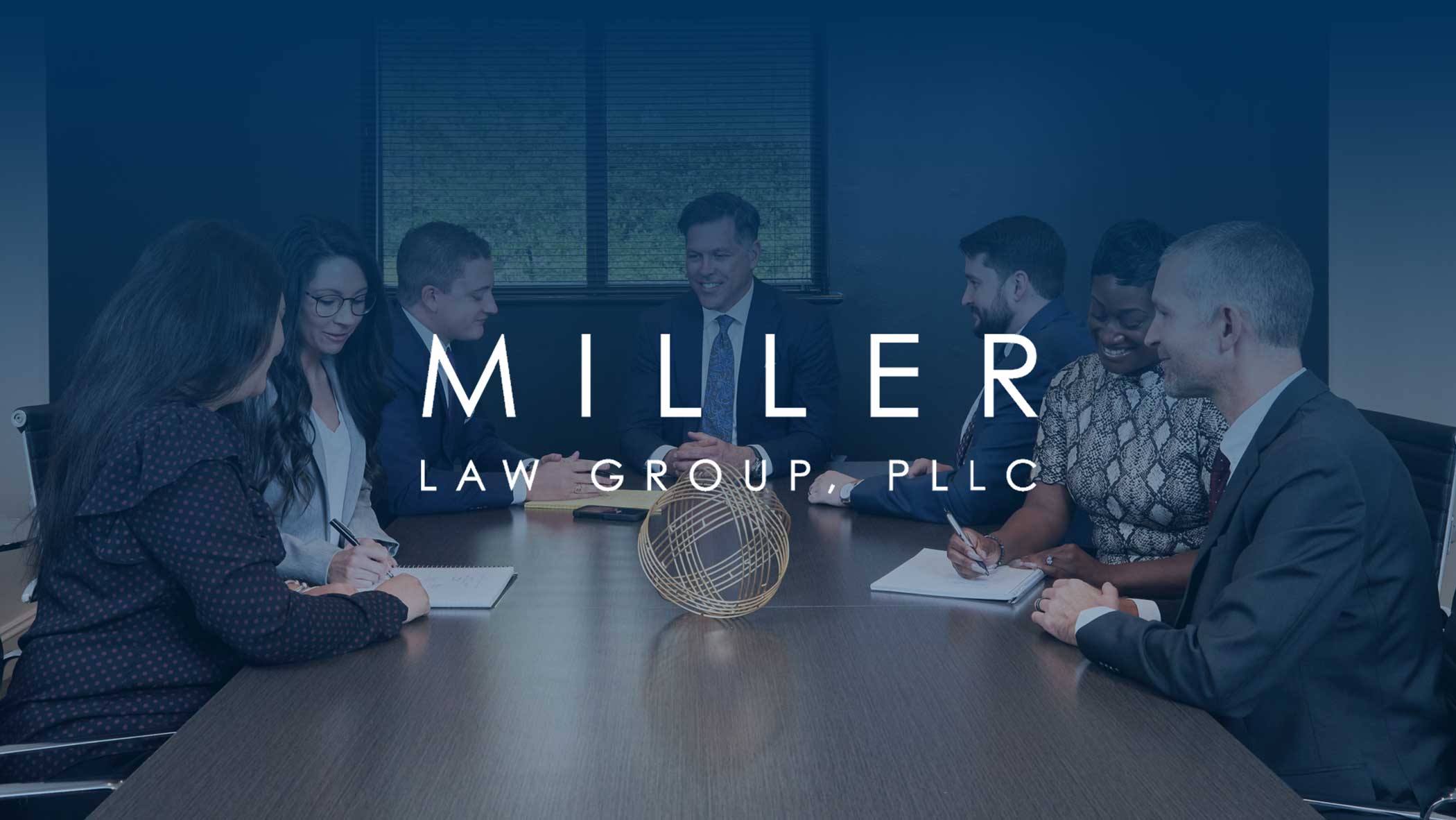South Carolina Whistleblower: Nursing Home Fraud

Medicare and Medicaid fraud in South Carolina nursing homes often goes unreported. Whistleblowers who report fraud may be entitled to protection and an award under the federal False Claims Act.
Although fraudulent actions can seem small individually, when aggregated with every other circumstance, they can add up to substantial amounts of Medicare/Medicaid fraud.
Some common examples of Medicare and Medicaid Fraud include:
- Double billing Medicare and Medicaid: One example of fraudulent behavior is billing the government twice for the same service or same usage of equipment.
- Billing unnecessary therapies: Similar to therapy fraud, various treatments in nursing homes are billed at higher rates that are allowed. Group therapy sessions are when large numbers of patients obtain therapy and it is fraudulent to bill each individual attendee for the therapy as if it were provided to them one-on-one.
- Billing for services that are not medical necessary: This subjects the elderly to potential physical harm and defrauds the government of critical healthcare funds.
The False Claims Act empowers whistleblower to bring actions on behalf of the government for fraud against government programs. These actions are called “qui tam” claims. Qui tam complaints are filed under seal, meaning in secret, to allow the government to investigate the claims. If the government intervenes in the case, a whistleblower may receive up to 25% percent of any recovery.
If you believe you have knowledge about nursing home fraud, contact the whistleblower lawyers at Miller Law Group for a free consultation or call 919-348-4361.
South Carolina Whistleblower Lawyers for Fraud
South Carolina Whistleblower Lawyer for Medicare & Medicaid Fraud
Our Attorneys’ Practice Areas

